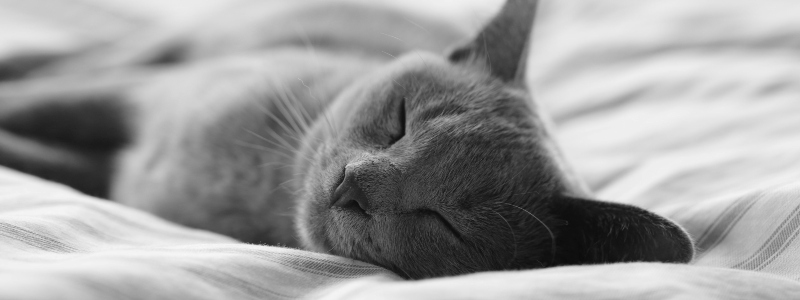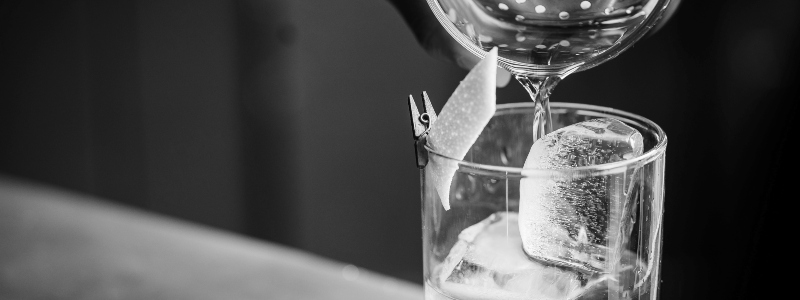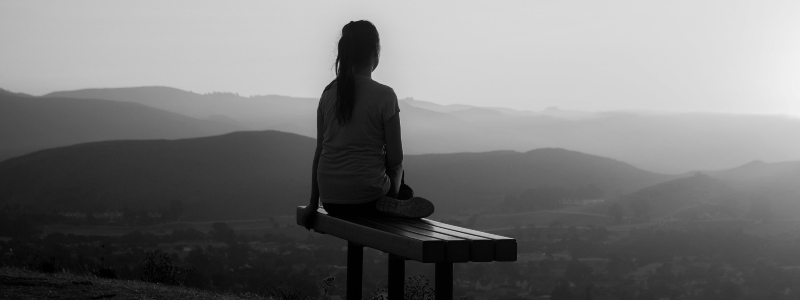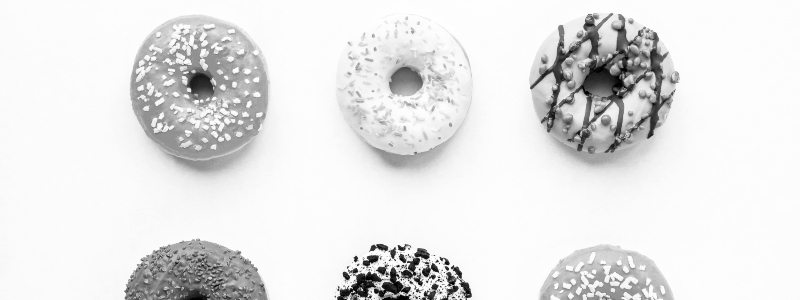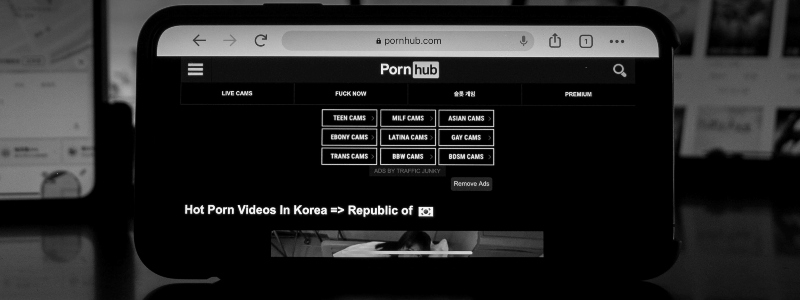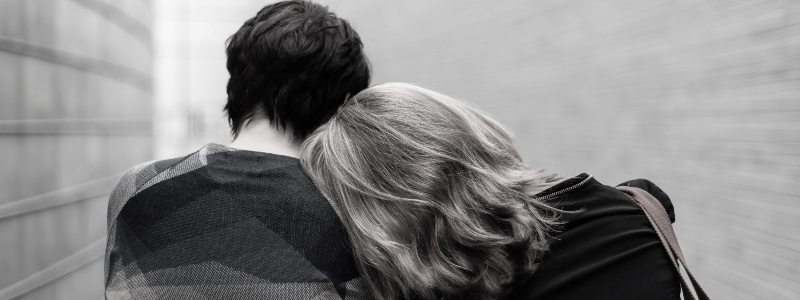This morning I awoke after an awesome night’s sleep to read an article in The Guardian entitled ‘How Much Sleep Do I Need?‘ This article draws on data from The National Sleep Foundation in the USA who conducted a literature review of 320 research papers into how much sleep (quantity) we should all be getting. The results (unsurprisingly) suggest that adults between 18 and 64 should be getting seven to nine hours for optimal mental and physical health and directly linked a lack of sleep to anxiety and depression. And that is per night, not on average: in other words, we cannot ‘catch up on sleep’, we need to be sleeping the right amount every night. There’s nothing to disagree with here, but the study failed to look at quality of sleep (whether sleep was unbroken), or the architecture of sleep (REM sleep and brain waves).
Last week I wrote a blog on how sleep is integral to good mental health and effective psychotherapy and here is the follow-up listing our top five tips for improving the quantity and quality of your sleep for better mental and emotional health.
Follow your Circadian Rhythms
We humans have evolved under a light-dark cycle (our circadian rhythm) and it has only been with the advent of electricity that this has fundamentally started to change and is increasingly changing. Whilst I am not advocating you move to a cave and live by the light of a fire, there are certain things we can all easily do that will make a difference and reduce our experience of all living with mild jet-lag.
Electronic visual devices emit blue light which has been shown to have a strong detrimental effect on our body clocks (as it slows or stops the production of Melatonin). In nature, blue light is emitted in the morning and then slowly dissipates throughout the day, disappearing at night. By switching off the television, your laptop, tablet computer and smart phone a good hour before bed, you give your body a fighting chance to produce the sleep hormone Melatonin that in turn gives you a good night’s rest.
Additionally, engaging with thrillers on the television, video games on the console, or work emails on your tablet, activates your brain and increases your anxiety levels – the primitive brain does not know the difference between reality and virtual reality, so when we watch an axe murderer chasing an innocent high school kid through a creepy building on the television, our brain responds with increased Cortisol levels (stress hormone) and Adrenaline, just as if we were there is person: we become ready to be chased ourselves. Neither chemical is conducive to sleep and both can leave us feeling anxious and restless.
Calm your Mind
The most effective way to calm the mind (and our emotional system) is through the breath. This is why we at Brighton and Hove Psychotherapy extol the virtues of meditation, or mindfulness in addition to good therapy. A simple practice of spending five to ten minutes before getting into bed focusing on the breath brings us back into our body, calms our mind down and shifts us from the sympathetic to the parasympathetic nervous system – we physically calm right down.
A good routine is to sit in a chair away from distractions and close your eyes. Breathe into your belly (imagine drawing your breath right down to below your belt line) for a count of around 5 seconds, breathing through your nose, pause for a second or two and then gently release all the air through your mouth for a count of 8 to 10 seconds, or whatever you can manage. Find your personal rhythm.
Focus your mind on your breath and body and nothing else. If thoughts pop up (and they will), simply come back to focusing on your breath and noticing if you are tensing your body anywhere and seeing if you can tell that part of your body to relax.
You can time your meditation or breathing exercise with an alarm, starting with five minutes and building up from there (though try not to use the alarm on your smart phone as otherwise you are being exposed to blue light). Evidence shows that meditating for 20 minutes a day can dramatically alter our brains and our ability to manage stress and our emotions.
Stick to a Routine
We humans are creatures of habit. Setting a time to get to bed and sticking to it, can make a real difference. Some researchers have suggested that there is a ‘sweet-spot’ between 10.30pm and 10.45pm when we are ideally primed to get to sleep. Irrespective of whether this is true, researchers do generally agree that it is better to get to bed a little early, than to make up for a late night through sleeping in.
Anecdotal studies have shown that where humans are exposed to only natural light (and camp fires) they naturally feel tired much earlier in the evening and will rise closer to sunrise.
This does not mean you cannot have a late night out, but return to your habit the next night.
Change your Attitude – Sleep is for the strong!
Getting by on little sleep is, amongst some groups (and the late Margaret Thatcher), seen as a sign of strength and fortitude. The reality is though, by ensuring that we get adequate sleep, we give ourselves an edge over those who don’t – mentally and physically and we are significantly more resilient against stress. Plus, we are future proofing our bodies against some chronic illnesses. Eight hours should not be a luxury, it should be a given and evidence you are caring for and about yourself.
Those of us who push ourselves hard and manage our lives with the latest gadgets and gizmos don’t think twice about getting the latest upgraded phone or servicing our performance car so that it does not let us down. Sleep is the human equivalent of an upgrade and a service: our glial cells work through the night to clear away the toxins that have accumulated in the brain during the day. It is therefore a high performance habit!
Remove Stimulants
We all know that caffeine before bed disrupts sleep. But ideally, we should not be eating or drinking very much at all before bed, with the exception of water. Our body and brain needs to partially shut down during sleep, but if your gut is busy digesting a large meal you wolfed down after a late evening in the office, then it is not resting: it is working.
Consider limiting your intake of sugar (including fructose) before bed as this causes an insulin spike and can leave you feeling energised at the wrong time, somewhat anxious and is simply not good for your body – the sugar will be stored as fat.
Drinking alcohol may enable us to feel less socially inhibited, but is also a depressant and raises anxiety levels and stops us entering into a deep sleep state through interrupting our sleep cycle and thus our ability to enter into deeper brain wave states (more on this in a future blog).
In Summary
Find what works for you by getting curious about how best to maximise the potential of your body and mind through sleep. Try avoiding certain drinks and foods and not eating a few hours before bedtime; try picking up an old-fashioned book and heading off to bed in lieu of watching the late news or replying to your boss; try keeping a sleep journal and approach sleep scientifically.
And if all this sounds boring, consider this: Sigmund Freud called dreams the ‘royal road to the unconscious’. By hacking your sleep, you may find that the most exhilarating movie you can watch, is the one playing out in your dreams and that it also gives you an insight into who you are and what you may want and need. As a psychotherapist I consider myself a ‘psychonaut’, meaning that I live to explore my own and your inner world. And it is better than any movie or video game!
By implementing one or all of the above 5 top tips, you will find it easier to both improve the quantity and quality of your sleep. And then you can build on this solid foundation through being able to attend to your psychological and emotional needs with a clear mind and calmer emotional system.
Image Credit: Mark Vahrmeyer
